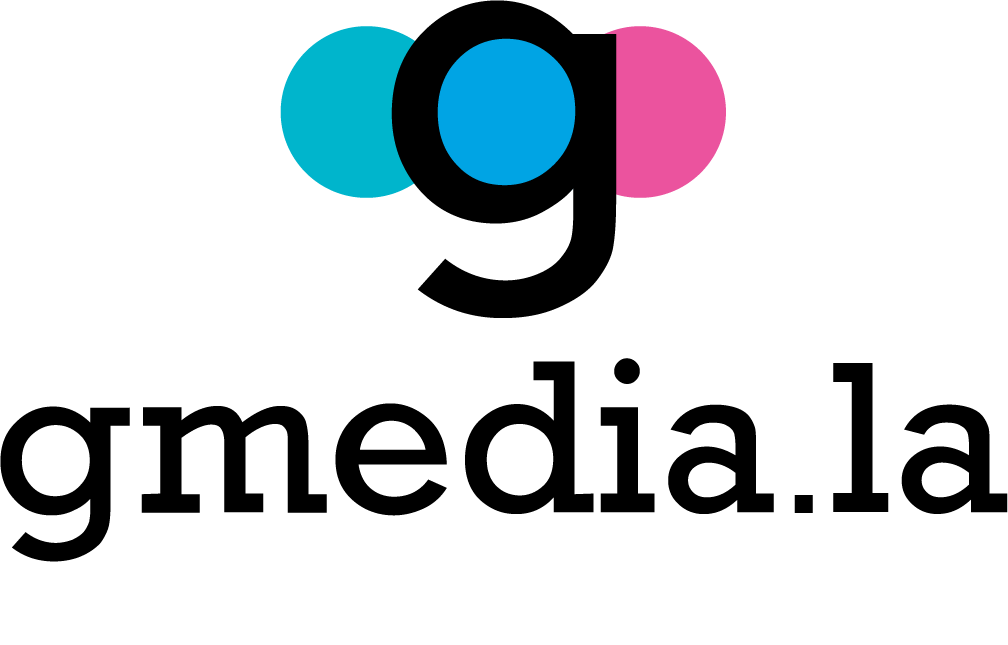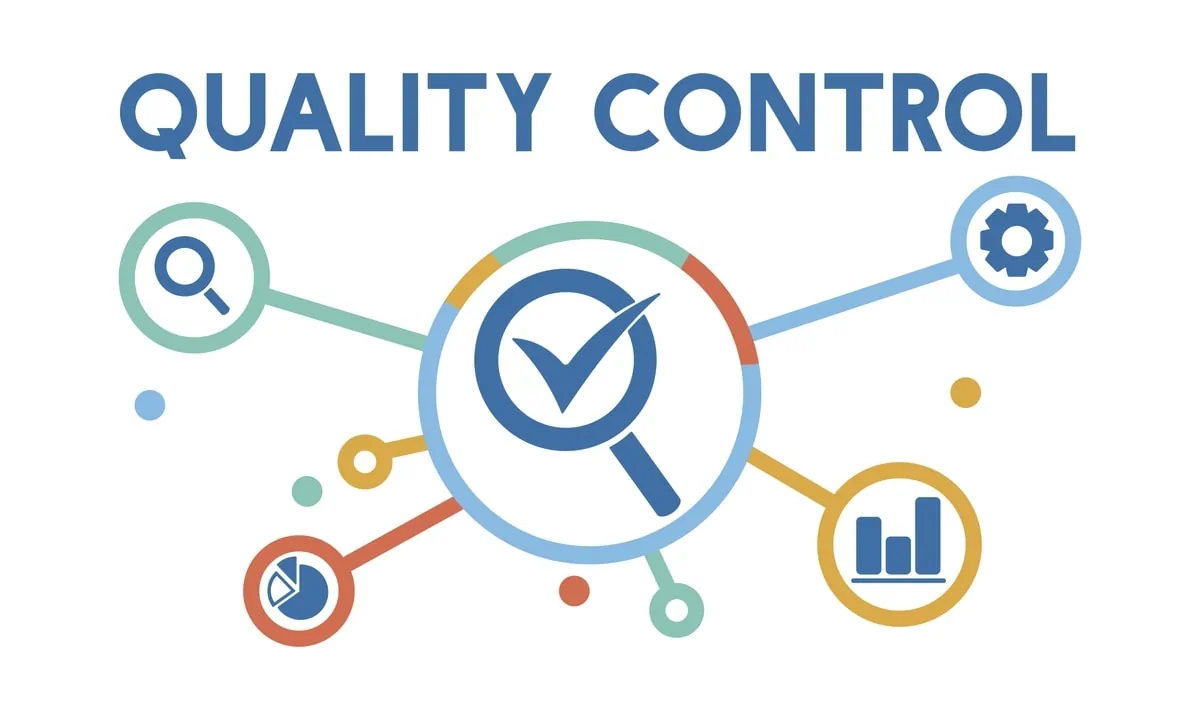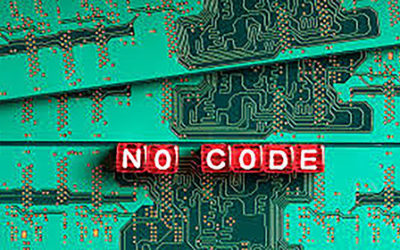The QA industry can sometimes be misunderstood by people. This, mainly due to the lack of clear information and guidance. Nonetheless the Quality Assurance is a requested step for most digital projects. That is why we have compiled a list of interesting facts about it.
What is QA?
Quality Assurance refers to the technical process of checking and reviewing to avoid errors when developing a product or service.
Unlike quality control, this term implies giving the client a certain degree of confidence towards the characteristics of the product they are interested in purchasing. We must note that QA is particularly important in tech: software quality assurance testing cannot be overlooked by developers.
The facts:
A QA engineer needs some special qualities
Besides some proper education, a good QA engineer should have qualities that allow them to see the details. These qualities are patience, curiosity, involvement in the project, inquisitive nature, and out-of-the-box thinking.
QA is a complex process and should be done in a systematic way
Truth is, most processes are done by a team rather than just by a single person. It is usual to have an entire team of expert working hard to make sure that the software, or any other product, delivers the promised results.
It is a continuous learning process
Though the Quality Assurance processes aim to polish the product or service, there will be times when a QA engineer will fail to check everything or identify a bug. This is why a team is needed. Nonetheless, everyone in the team will need constant training on technology, trends, among others.
Working in QA sometimes will mean generating bugs
IIn order to ensure QA, the team working on a certain project can conduct specific tests, generate bugs and thus improve product quality.
In software development, testing bugs is an essential part of QA. This is why the team needs a bug tracking system like BugUp for example, entire computer systems can fail and even be compromised.
QA cannot be possible without documentation
Testers need to have access to comprehensive guides, manuals and lists of specifications about the product so they are aware of the proper way of functioning.
What do you think about these facts related to the QA industry? Were you aware of them?
At Gmedia, we offer QA services to help ensure the quality of your digital products. You can know more about our services here. Or you can contact us for more details.










